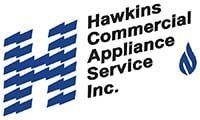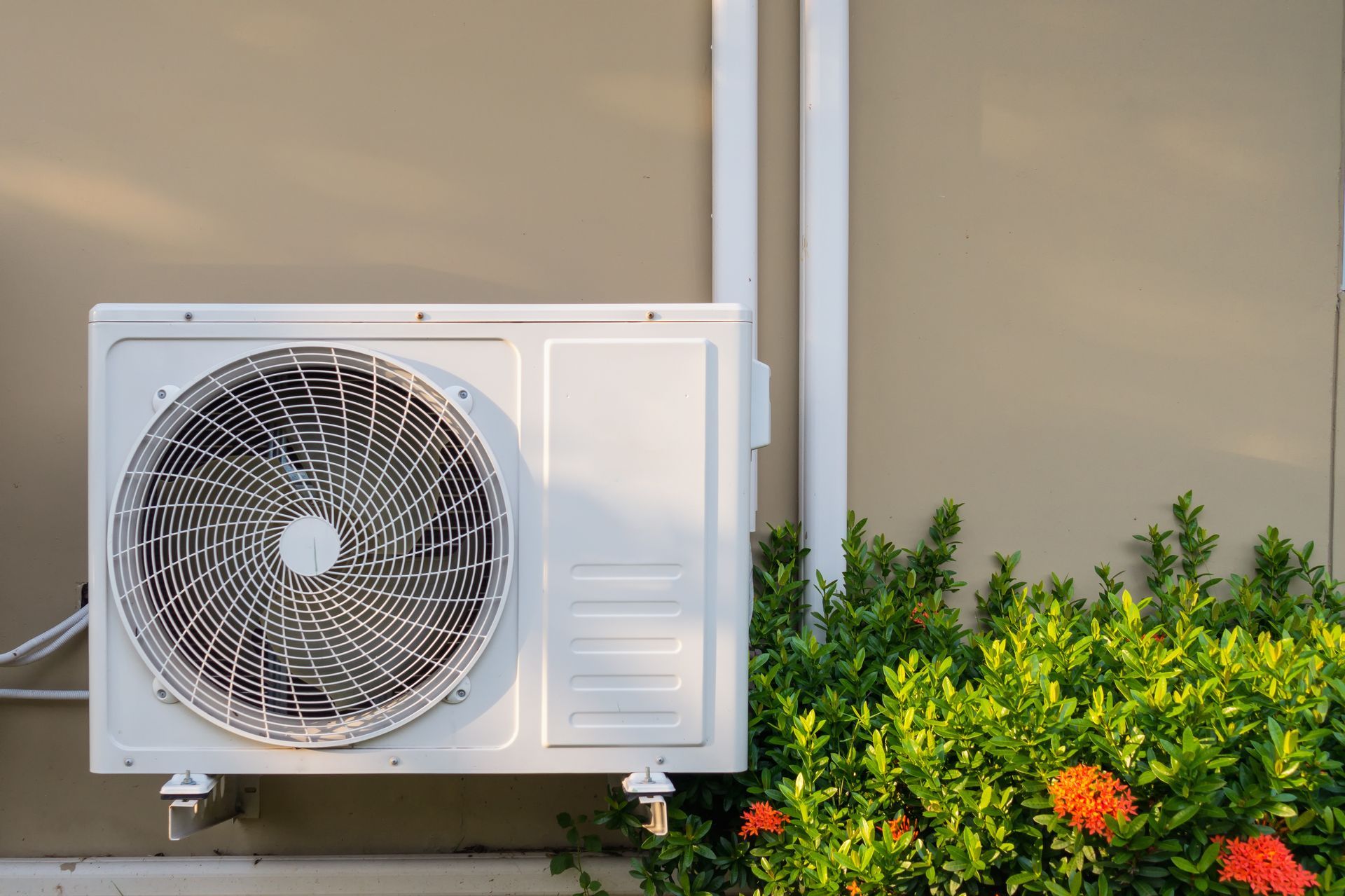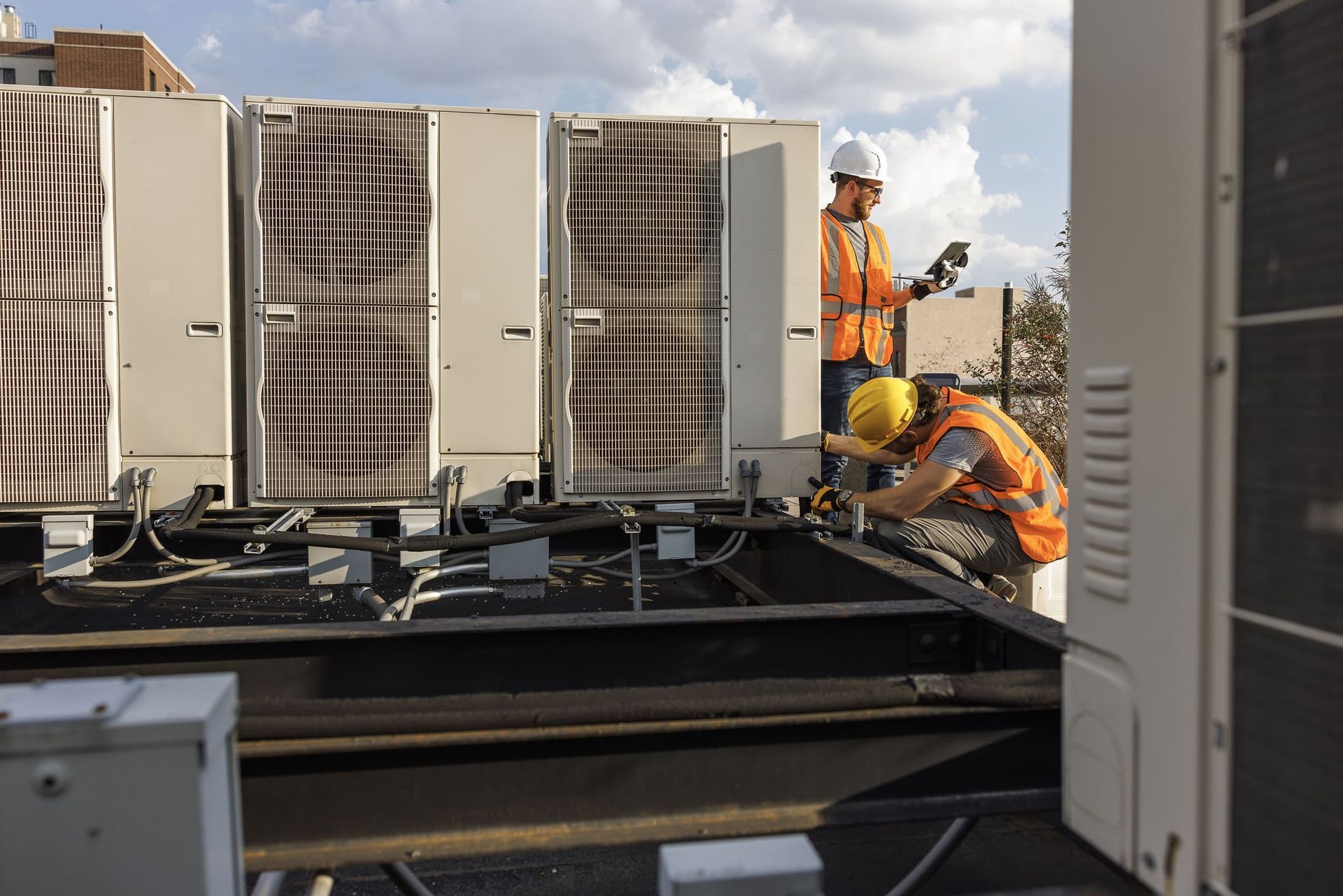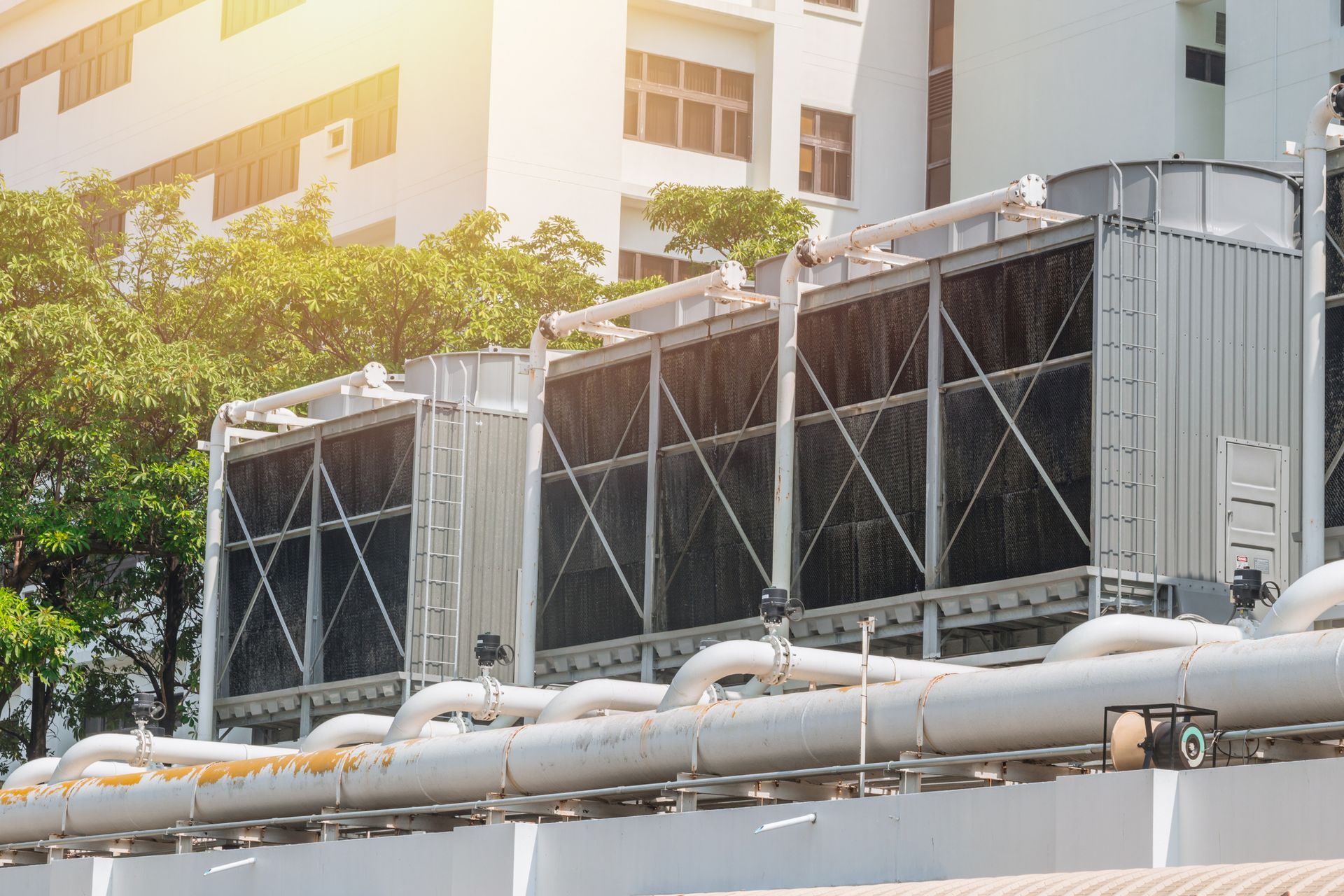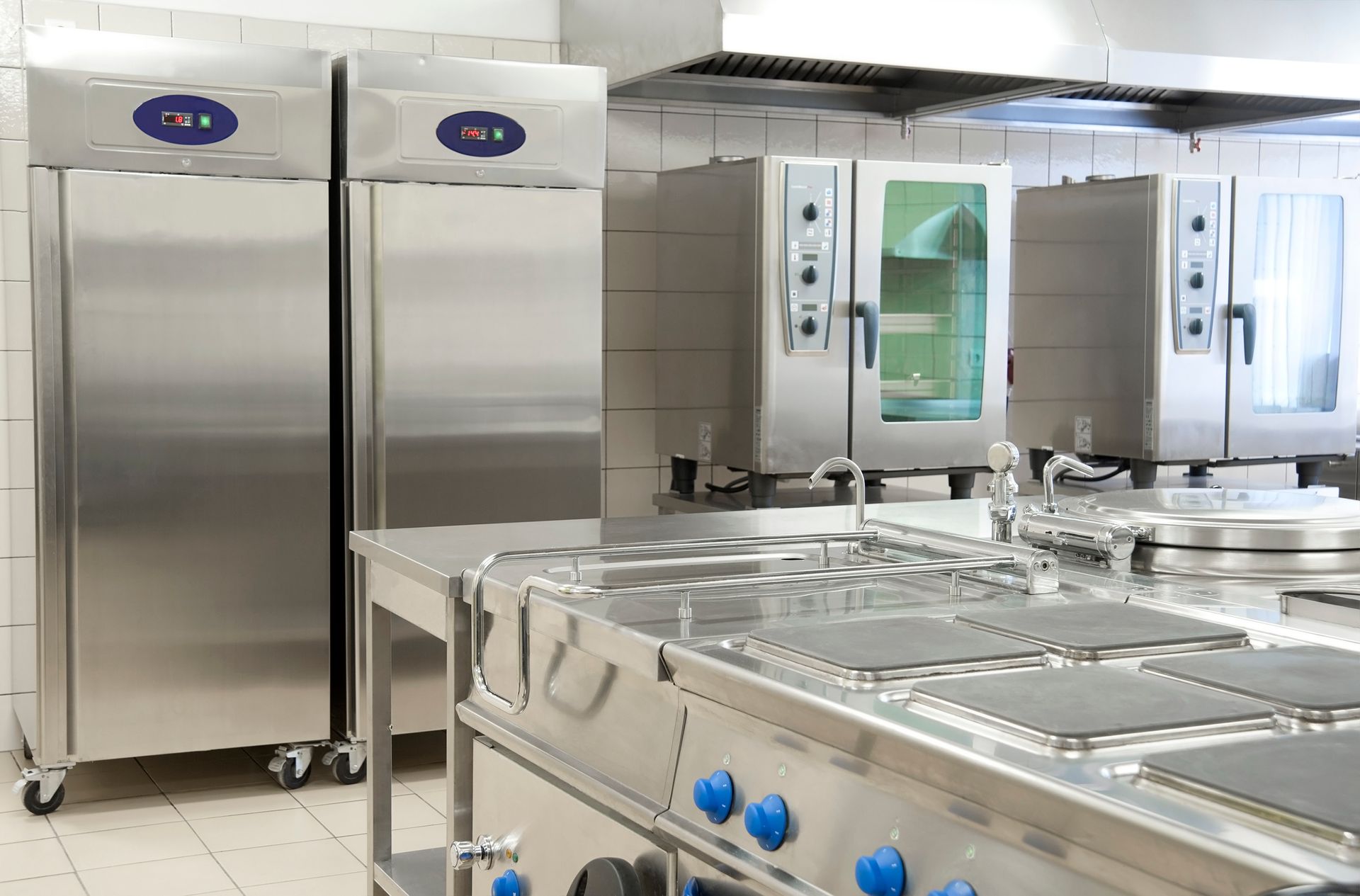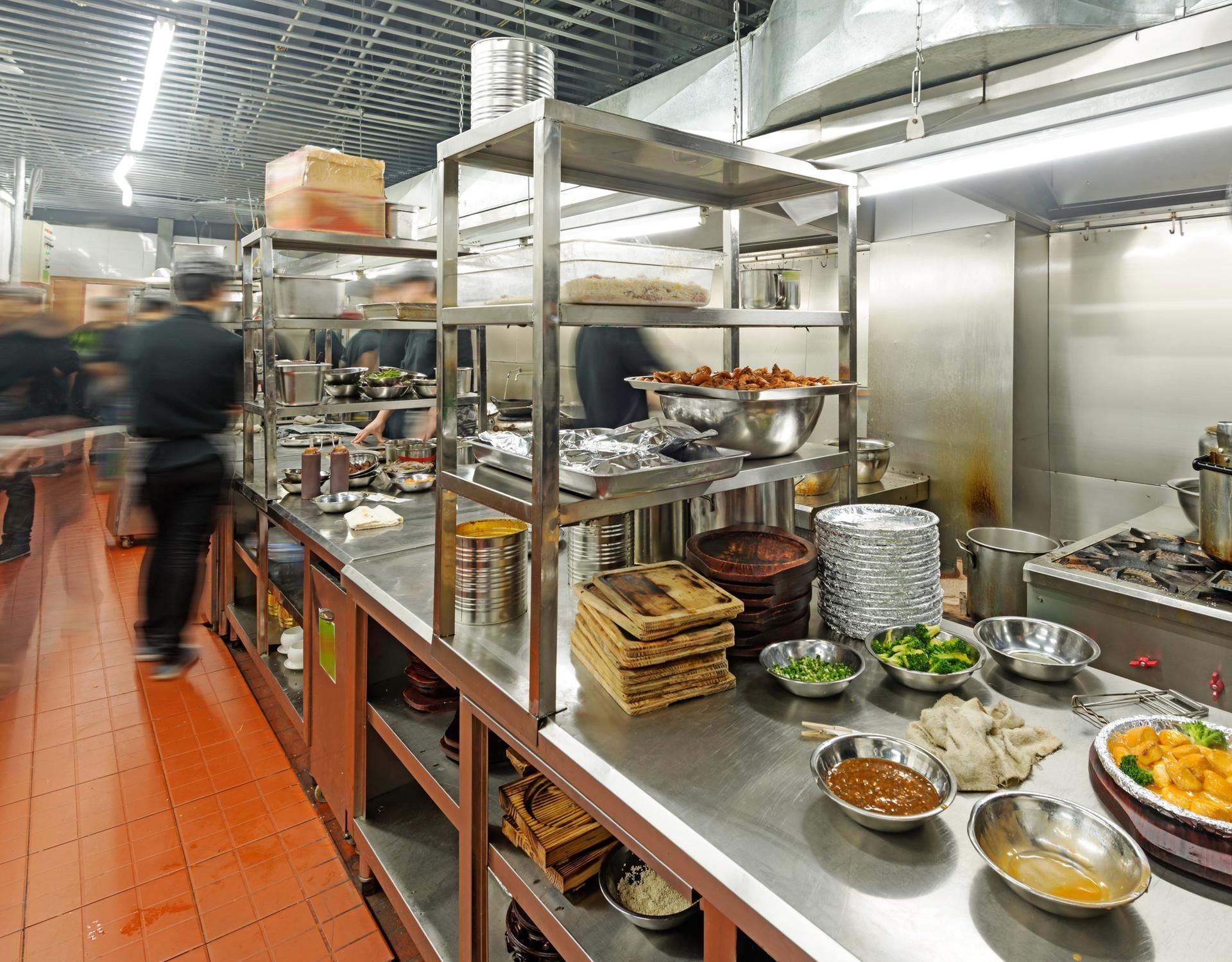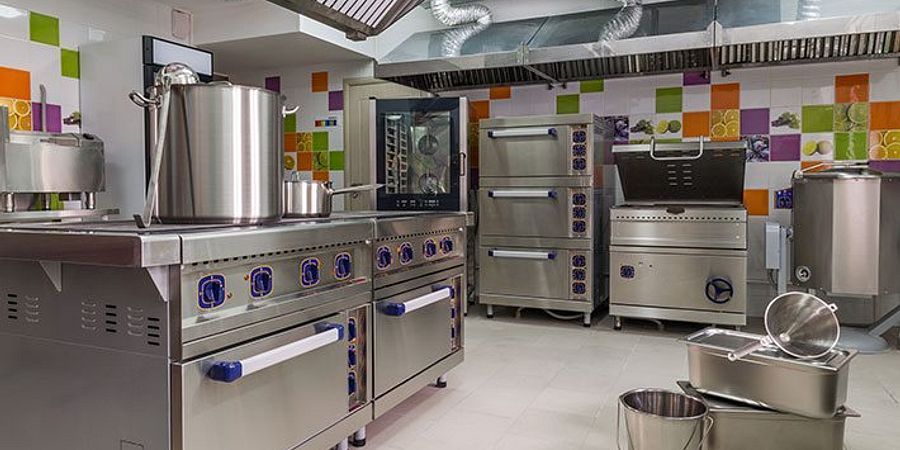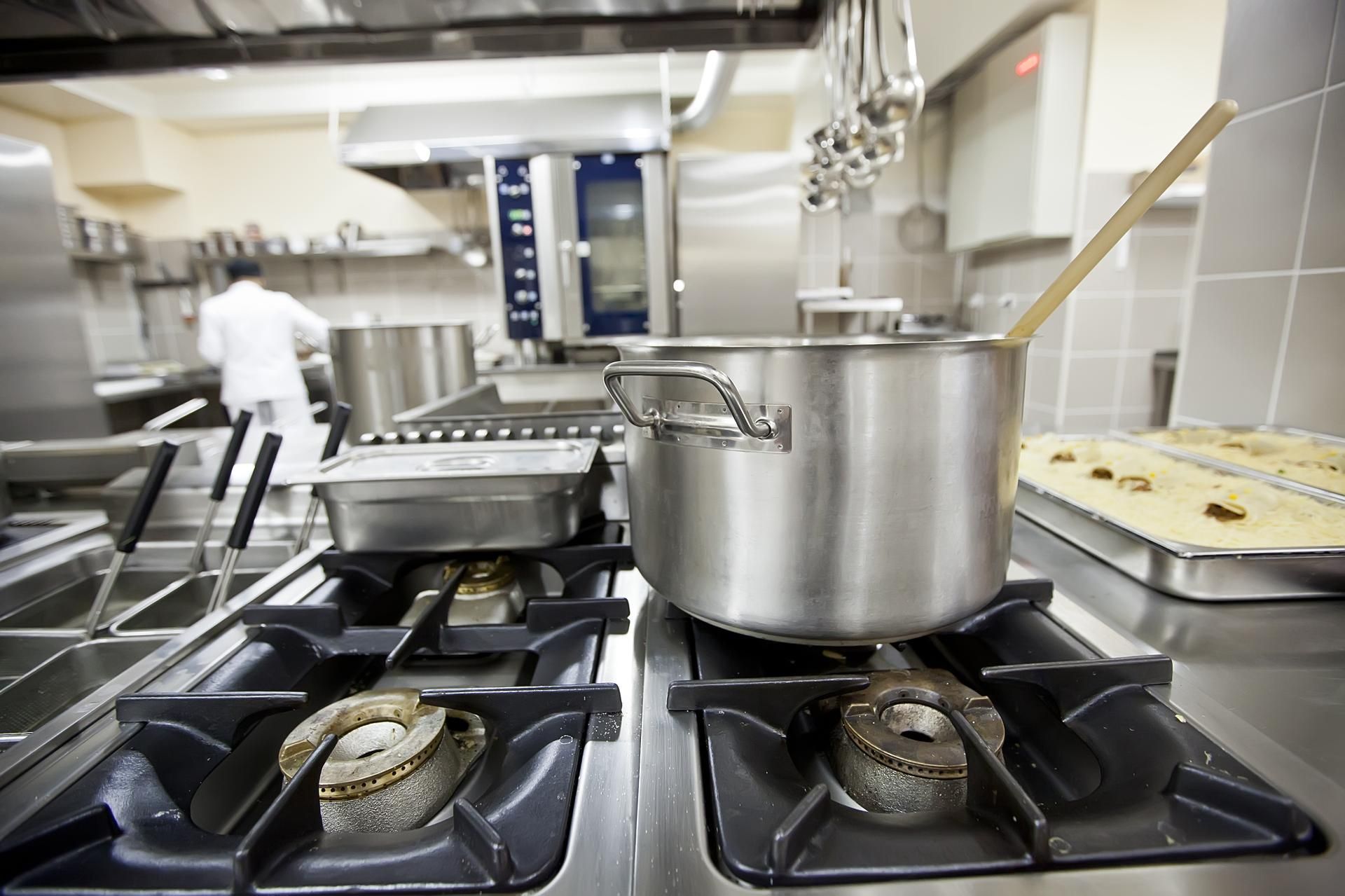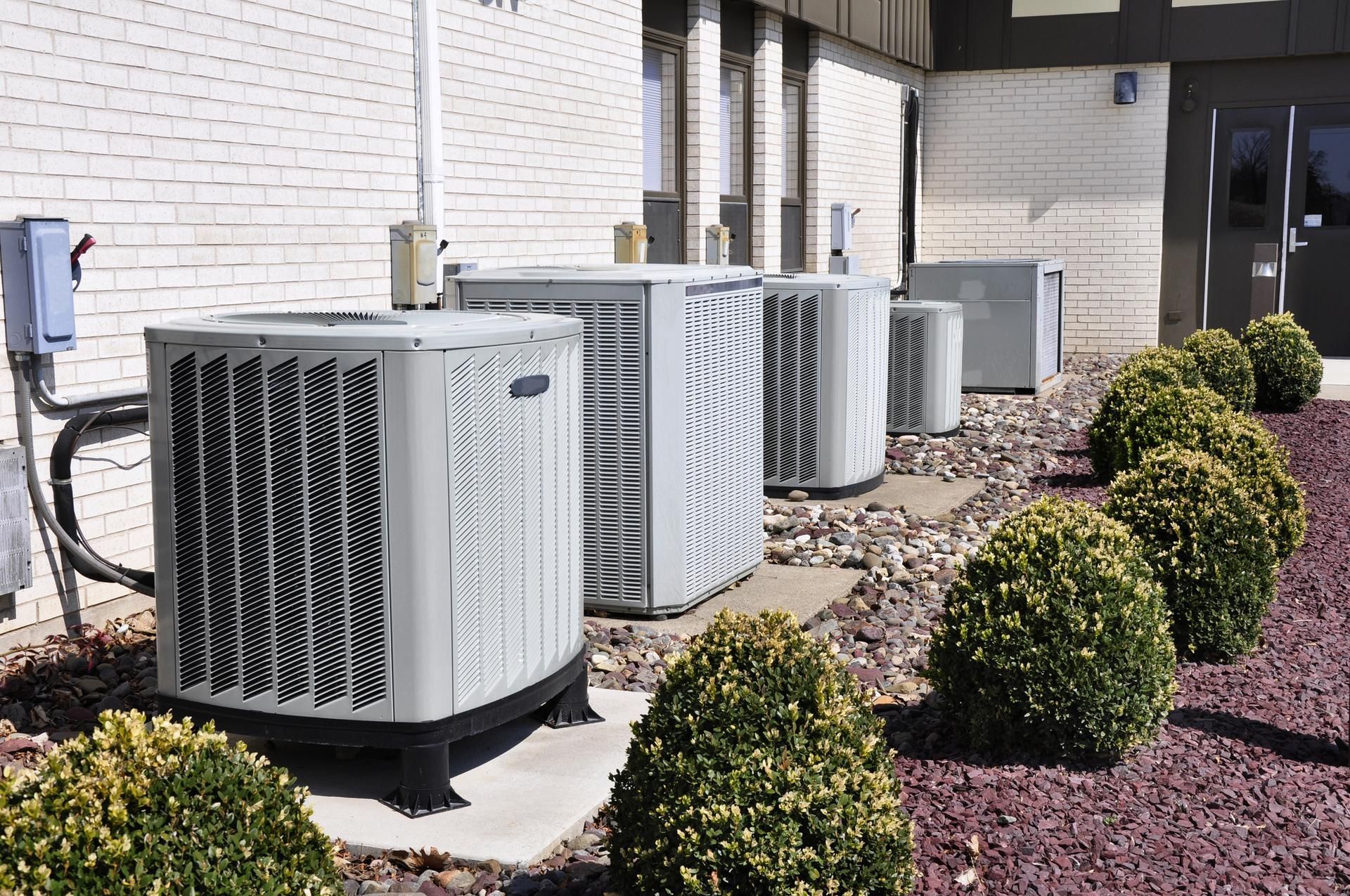Kitchen Mistakes | Hawkins Commercial Appliance Service Inc.
Admin • February 18, 2020
Avoid These 4 Commercial Kitchen Mistakes

The commercial kitchen is the heart of any restaurant, bar, or diner. The importance of well-implemented kitchen strategies can be the difference between culinary success and disaster. Chefs, servers, table bussers, and other employees must work well together and interact with crucial commercial appliances efficiently.
Does your kitchen indulge in smart strategies, or are some of your kitchen policies hard to swallow? Read on and see if your establishment is guilty of some of these commercial kitchen mistakes.
1. Equipment is Too Sophisticated or Unnecessary
Kitchen equipment is necessary, so you would do well to do your research before you choose commercial kitchen equipment. Many restaurant owners feel they know better than their chef or kitchen manager with regards to equipment and appliance choice. The end result is often equipment that is either too sophisticated or unnecessary.
Your menu should be the main drive behind equipment choice. Then you can choose which cooking stations you need based on your menu cooking styles. For example, you probably don't need a wood-burning pizza oven if your specialty is burgers and fries.
A very efficient, practical kitchen relies on equipment that can produce more than one single menu item. Too much equipment is expensive and takes up space on your line when it is only occasionally called into service.
Additionally, take a look at your kitchen team and decide if they possess the appropriate skill level to use sophisticated technology. Can they grasp computerized deep fryers and programmable combi-ovens, or will something simpler and more affordable work fine?
2. Quality Takes Second Place to Cost
Not only does kitchen equipment need to be easy to operate and versatile, it must be good quality. Commercial grade equipment and appliances are a hefty investment, especially when you have a tight budget. Don't skimp on quality and buy cheap just to save a few dollars.
If a deal seems too good to be true, it probably is. In truth, an inexpensive piece is likely to be cheaply built. Chances are you're forced to pay out for expensive service repairs down the road.
Instead, pick well-made equipment that can withstand the abuse a busy commercial kitchen dishes out. Opt for high grade materials like thicker gauge stainless steel or even cast-iron pieces. This practice of focusing on quality will pay out over time with fewer repairs and accompanying equipment downtime, which is frustrating and costly.
3. Inadequate Wash Stations
A restaurant mantra is never truer—for every dish that goes out to a hungry customer, two dirty dishes must be washed. Dish washing is inevitable in every kitchen, which increases the importance of kitchen design.
Does your kitchen have sufficient space for dirty dishes once they leave a table and head for the dishwasher? What about after dishes are washed and dried? Depending on your dish use, find room for racks, landing tables, and drain boards that work for your staff.
Even more importantly, size your commercial dishwasher appropriately to your kitchen capacity and train staff to use and maintain it properly. Remember, the entire kitchen operation depends on the adequacy of your wash stations. Dirty glasses and plates mean drinks and food don't get served. Dirty pots and pans mean food does not get cooked.
4. No Clear Equipment Maintenance Plan
A busy kitchen can be successful when staff works together seamlessly, but not if equipment and appliances are unreliable. Does your kitchen wait until a burner stops working or the walk-in cooler quits before you address a problem? If so, you probably experience breakdowns that seriously interrupt the flow in a kitchen.
Instead, invest in a regular maintenance plan that is more proactive than reactive. Call Hawkins Commercial Appliance Service Inc. and ask about our planned maintenance service. We can handle all types of commercial appliances and equipment in your kitchen.
